
In pro-Trump forums, when someone “pushes the norm of what is considered acceptable speech” by posting a call to execute judges or other public officials, “and no one questions it, then the norm of what is acceptable may shift,” said Cathy Buerger, who studies inflammatory rhetoric at the nonpartisan Dangerous Speech Project in Washington. Buerger reviewed the violent posts identified by Reuters.
Read More“Is it actually guarding the election against fraud, or is it guarding the election against a result in which Trump is not declared the winner?”
Read More
The companies, hoping to avoid public criticism, don’t have an incentive to release data to researchers. Transparency could, however, be “a huge opportunity” for society, says Susan Benesch.
Read MoreThe language of the Trump tweet is inflammatory to his followers but ambiguous enough that he can claim it’s harmless. It isn’t. In the four words of his tweet he repeated his false claim that the election was stolen from him, and framed his cause as a righteous war.
Read MoreDSP executive director Susan Benesch says ‘trolls’ are not one species but many, and describes some of them for David Morrison…
Read More
Professor at Harvard University, Susan Benesch, stated at an international conference in the Azores that “living conditions do not seem to be the determining factor” in relation to hate speech.
Read More
In her recent op ed for the New York Times, Julia Angwin urges that “understanding the distinction between fear-inducing and hateful speech is crucial as we collectively grapple with how to govern global internet platforms.”
Read More
In light of new revelations about the proliferation of violent rhetoric on social media platforms leading up to the January 6th attack on the U.S. Capitol, The Markup’s Julia Angwin interviewed DSP Executive Director Susan Benesch about dangerous speech online.
Read More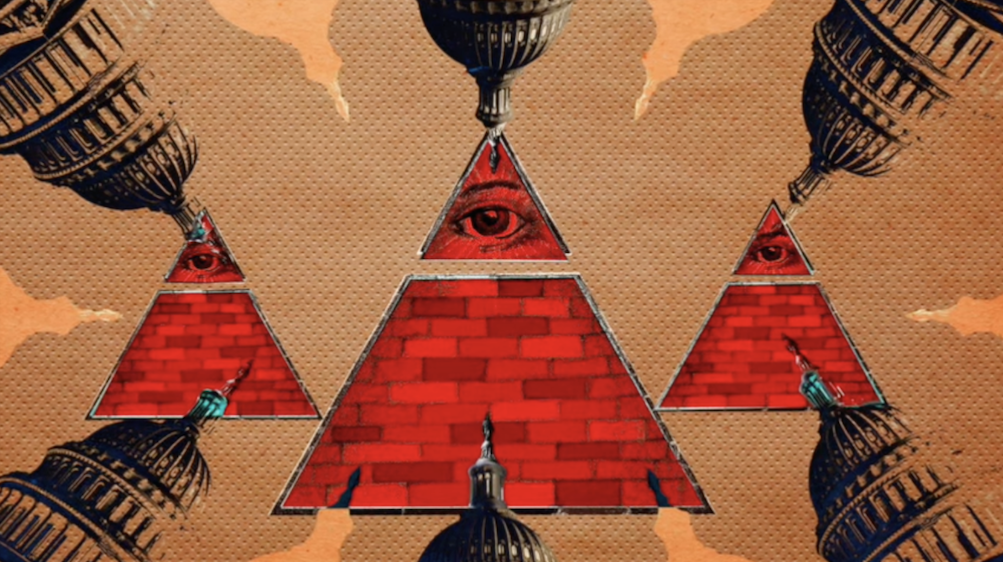
In this report on conspiracy theories for the Philosophy Talk podcast, DSP Executive Director Susan Benesch shares how they often constitute dangerous speech and increase the risk of intergroup violence.
Read More
In her latest op ed for Just Security, Susan Benesch details the pattern of incendiary language in the United States, and presents tools for countering it.
Read MoreUNESCO on how education can counter hate and dangerous speech, featuring DSP Executive Director Susan Benesch
Read More“It’s not really hatred that is the most operative emotion regarding dangerous speech, it’s fear. Fear is what makes people turn violently against another group of people more than hatred.”
Read MoreResearchers discuss Twitter’s repeated failure to deal with harmful content, including DSP Executive Director Susan Benesch, Dr. J. Nathan Matias of Cornell’s Citizens & Technology Lab, and Rebekah Tromble of George Washington University.
Read More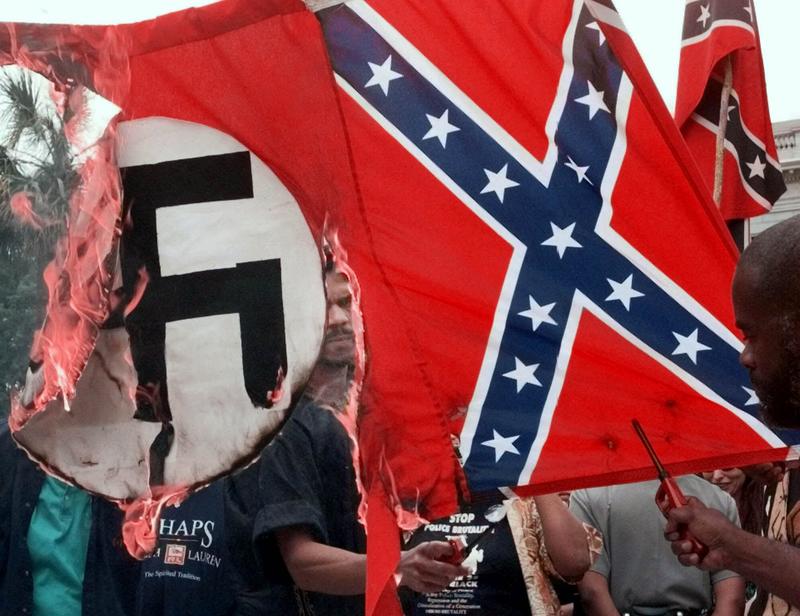
WNYC’s award-winning show On the Media featured DSP Executive Director Susan Benesch in its October 11, 2019 show on speech in the United States.
Read More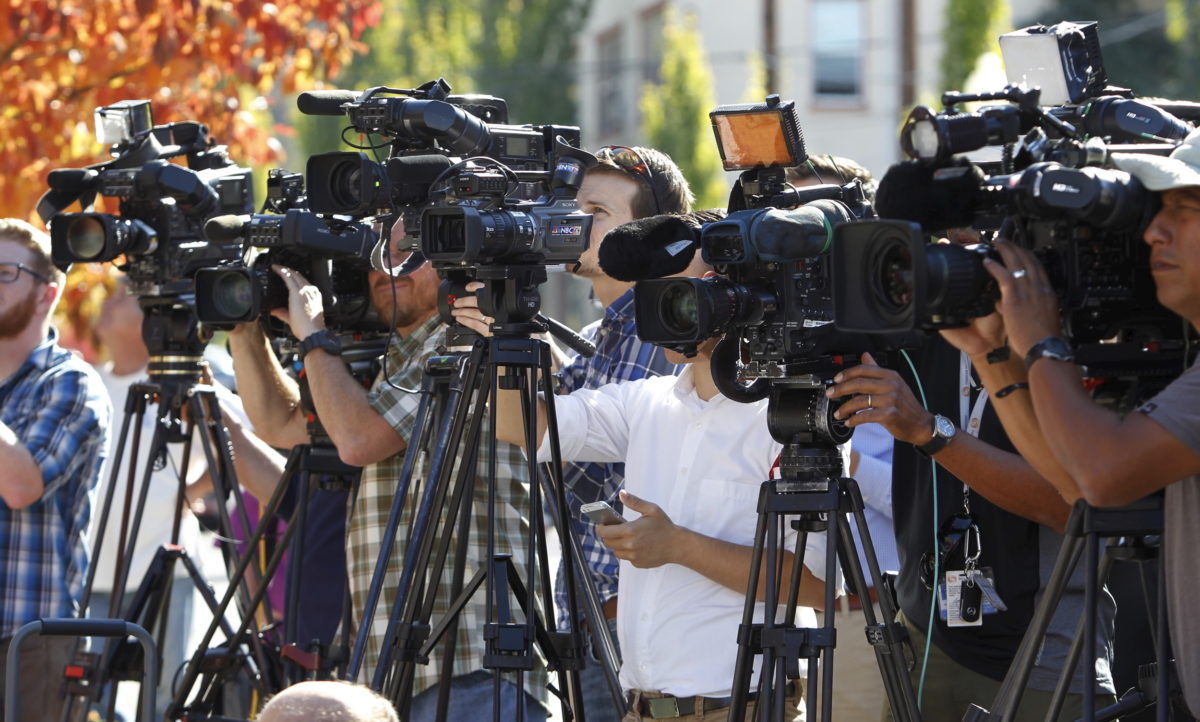
In this PBS NewsHour exploration of the mental health impacts of violent content, DSP Executive Director Susan Benesch discusses why criminal liability for internet companies hosting such content is counterproductive.
Read MoreApril 2019 marks the 25th anniversary of the 1994 genocide in Rwanda. One of its lasting lessons for the world is that words matter, and we must monitor and resist Dangerous Speech.
Read MoreAustralia’s Parliament rushed to pass a law which would punish social media companies who do not “expeditiously” remove “violent material” from their platforms – a move which could encourage increased censorship.
Read More“The fact that he was so much influenced by Breivik reminds us this is not only a domestic American phenomenon or problem, that these sorts of people find each other and influence each other across international borders.”
Read MoreIn this German-language Der Spiegel interview, DSP executive director Susan Benesch discusses the connection between speech and violence, the Dangerous Speech of Donald Trump and the AfD, and the question: what can humor do to counter hate on the internet?
Read MoreAfter a string of attempted and successful attacks against minority groups and politicians, DSP executive director Susan Benesch explains to the Washington Post how Donald Trump’s rhetoric has contributed to shifting political norms that are emboldening violent far-right extremists.
Read MoreMyanmar’s genocide of Rohingya Muslims was shaped by uniquely modern forces, like social media and rising ultra-nationalism. But if we learn from the factors which fueled this 21st-century atrocity, we can better predict and prevent the next ones.
Read MoreFrom Louise Matsakis at Wired: Twitter will soon enact a conduct policy on dehumanization – but DSP’s Susan Benesch explains the difficulty in moderating such content.
Read MoreDSP Executive Director Susan Benesch says ‘trolls’ are not one species but many, and describes some of them for David Morrison at Urbo.
Read MoreDSP Executive Director Susan Benesch talks with Mashable about Twitter’s new policy of evaluating users’ off-platform behavior when deciding to suspend accounts.
Read MoreIn this article, Susan Benesch, Director of the Dangerous Speech Project, discusses various methods to respond to online hate speech.
Read MoreIn this Washington Post article, Susan Benesch makes the point that Internet companies are taking more responsibility for the content made available through their services.
Read MoreThis Washington Post article considers the complexities of social media content policies in light of a recent leak of internal Facebook policy. It quotes Susan Benesch, who points out Facebook’s unprecedented speech regulatory powers and the difficulties inherent in policing such a large amount of content.
Read MoreThis Newsweek article about a controversial new NRA ad cites Susan Benesch and the Dangerous Speech Project.
Read MoreThis article from the Wall Street Journal quotes Susan Benesch, who criticizes a new German law that places strict content regulations on social media companies as an infringement on freedom of expression.
Read MoreThis New York Times Magazine profile of Jonny Sun – a Twitter humorist and fellow at the Berkman Klein Center for Internet and Society – covers his collaboration with our director Susan Benesch on a series of online humor workshops at MIT.
Read MoreThis article – which cites Susan Benesch and the work of the Dangerous Speech Project – surveys methods of responding to harmful speech online with a focus on the use of humor.
Read More
In this interview featured in Wired Germany, Susan Benesch explains Dangerous Speech, how it is different from hate speech, and…
Read More
Rachel Brown headed to Kenya ahead of sensitive elections and an atmosphere of potential hate and violence. After a positive…
Read More
Ankhi Das, Facebook’s public policy director for India and South and Central Asia, writes about the importance of counterspeech in…
Read MoreAirTalk’s Larry Mantle interviews director of the Dangerous Speech Project Susan Benesch about Twitter’s suspension policy following the ban of…
Read MoreSusan Benesch is interviewed on the Diane Rehm Show to discuss Dangerous Speech in the context of the 2016 U.S….
Read MoreThis Washington Post article profiles Susan Benesch, director of the Dangerous Speech Project, and explains our work.
Read MoreConflict prevention activist Rachel Brown and the U.S. Holocaust Memorial Museum have released “Defusing Hate: A Strategic Communication Guide to…
Read MoreSusan Benesch, founder of the Dangerous Speech project, says ‘counterspeech’ and not post facto censorship may be a more effective strategy in correcting dangerous speech online.
Read More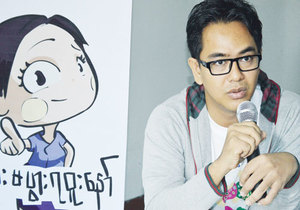
A prominent local campaign combating hate speech has unveiled shareable Facebook stickers for the Myanmar market encouraging users not to “start fires” and to think before sharing.
Read More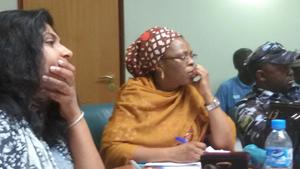
The Centre for Information Technology and Development (CITAD), with support from the MacArthur Foundation and the Nigeria Stability and Reconciliation…
Read MoreFacebook is experimenting with new stickers and abuse reporting protocols to help address dangerous speech in Myanmar.
Read MoreSusan Benesch was quoted in a New York Times Sunday Review article about The Innocence of Muslims.
Read MoreAn Australian reporter reflects on parallels between comments by Sudanese president Omar al-Bashir and hallmarks of the Rwandan genocide.
Read MoreDavid A. Andelman sits down with WPI fellow Susan Benesch to discuss free speech, both in Kenya where she has been researching, and in the rest of the globe. Benesch,a former journalist, reflects on evidence that inflammatory speech can catalyze mass violence, and discusses ways of limiting the danger without restricting free speech
Read More